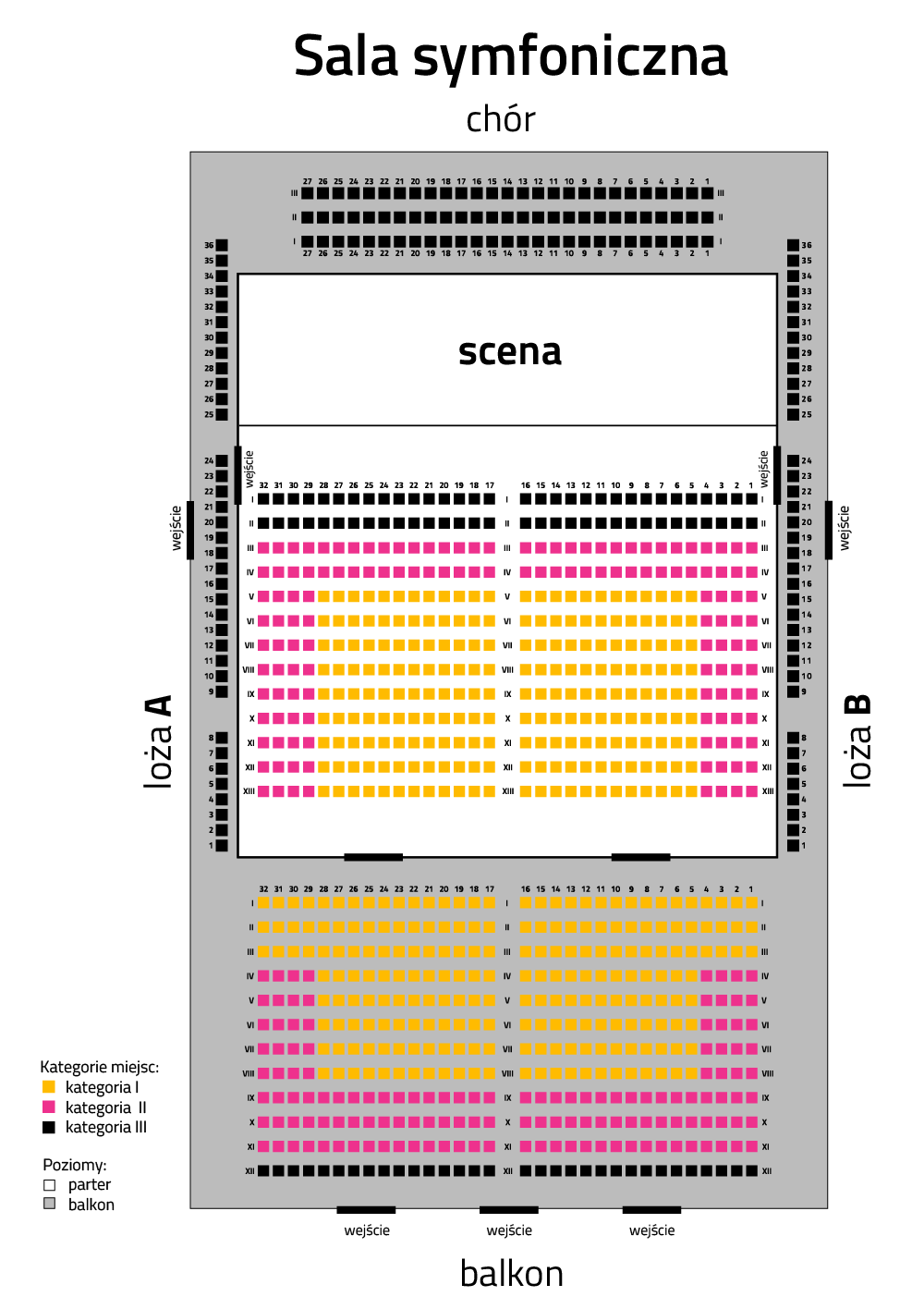A particularly serious ideological and aesthetic conflict arose in Polish music at the turn of the 19th and 20th century. On one side were the proponents of fully national and patriotic music, who thought for example, that the Polish nation had suffered enough servitude and torment from Russification and Germanisation to go and blindly copy Western fashion, and in doing so lose the remnants of its identity at a time when the dawn of freedom was already breaking.
Artists and critics taking opposite sides favoured the modern artistry in the latest trends in European music. The nationalistic and patriotic parties featured Zygmunt Noskowski, Stanisław Niewiadomski and Aleksander Poliński (critic). Their opponents were composers sharing the idea of new music, and to be more specific they were the founders of the Young Polish Composers' Publishing Company (operating, heaven forbid!, in Berlin): Grzegorz Fitelberg, Apolinary Szeluto, Karol Szymanowski, Ludomir Różycki and Mieczysław Karłowicz, who sympathised with the group, but who never officially belonged.
The Young Poles struggled with the assumption that – as musicologist Adolf Chybiński put it – “what is not simple, is not Polish”. In those times conflicts seemed to be fierce, with problems unsolvable. Nowadays it seems that both parties presented complimentary ideas. Proponents of patriotic and nationalistic art desired promotion of music with Polish colours in the West, while the Young Poles – as Magdalena Dziadek observed in “Polish music critique from 1890-1914” / “Polska krytyka muzyczna w latach 1890-1914”, Katowice 2002) – “promoted the vision of art, which in its own country represents Europe, maintaining at the same time its own original stylistic aspect”.
Our program features pieces by the Young Poles. While Karol Szymanowski’s Concert Overture shows proof of his fascination with the world of Richard Strauss’s music, the Violin Concerto no.1 exhibits the original voice of the composer. Szymanowski’s violin portrays a magical and fantastic world, and the music eventually breaks away from the restraints of the Major-Minor system.
A world star of the violin, Arabella Steinbacher, will perform the violin part. Her play was described by a “New York Times” reviewer as: “a balance between lyricism and fire, perfect technique and beautiful scale of sounds reflective of the artist’s strengths.” By the way, it is worth mentioning that the world career of Steinbacher constitutes one more proof that on one’s way to success, apart from talent and hard work, a lucky break can play a key role. The artist’s greatest performance took place in Paris in 2004, after she had received an invitation to replace a musician who had fallen ill, to perform Beethoven’s violin concerto under Sir Neville Marriner.
Our concert will end with a great program masterpiece by the Philharmonic’s patron Mieczysław Karłowicz. Program music elements in this composition stand for an attempt to translate poetic and philosophical content into the language of music. Each part was given a literary description by the composer, published in 1903 in the Polish newspaper “Słowo Polskie”. The main plots of these descriptions are: part I – grief and sadness as well as a weary soul’s dilemmas, part II – image of an individual exhausted by struggle and dreaming of liberation, part III – greyness of life and growing desires (e.g. ideal woman), with the final part a musical vision of rebirth.
Today, artistic disputes between the patriotic party and the Young Poles, so typical of the beginning of the 20th century, constitute a song of the past. One thing is certain – “nothing that is Polish is simple”.
------------------------------
Mikołaj Rykowski PhD
Musicologist and clarinetist, doctorate, and associate at the Department Music Theory at the Paderewski Academy of Music in Poznań. Author of a book and numerous articles devoted to the phenomenon of Harmoniemusik – the 18th-century practice of brass bands. Co-author of the scripts "Speaking concerts" and author of the spoken introductions to philharmonic concerts in Szczecin, Poznań, Bydgoszcz and Łódź.


